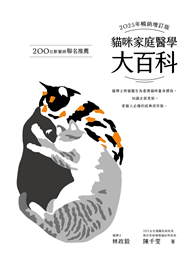This book considers the generative tension between the materiality and virtuality of walking methodologies in a/r/tography and arts-based educational research. It explores the materiality of practice--manifestations, manipulations, residues, and traces of both real and imagined experiences and events. Authors present artistic representations, renderings, artifacts, and documentations that allow for various forms of return and re-visitation of places/spaces and temporal moments. The book also investigates the digital and virtual, including video, images, media work, and emergent technologies that allow one to literally, metaphorically, affectively, and conceptually go somewhere that might be previously impossible to reach. Authors consider curricular and pedagogical implications of digital/virtual walking in relation to desire, agency, autonomy, freedom, and other issues around ethics.
The book brings together entanglements of the corporeal and incorporeal, addressing thequestions: How does the (im)materiality of bodies/characters-in-motion in a/r/tographic practices shape understandings of place, space, and the self-in-relation? How do issues and particularities come to matter through one’s entanglements with(in) the (in)corporeal?












